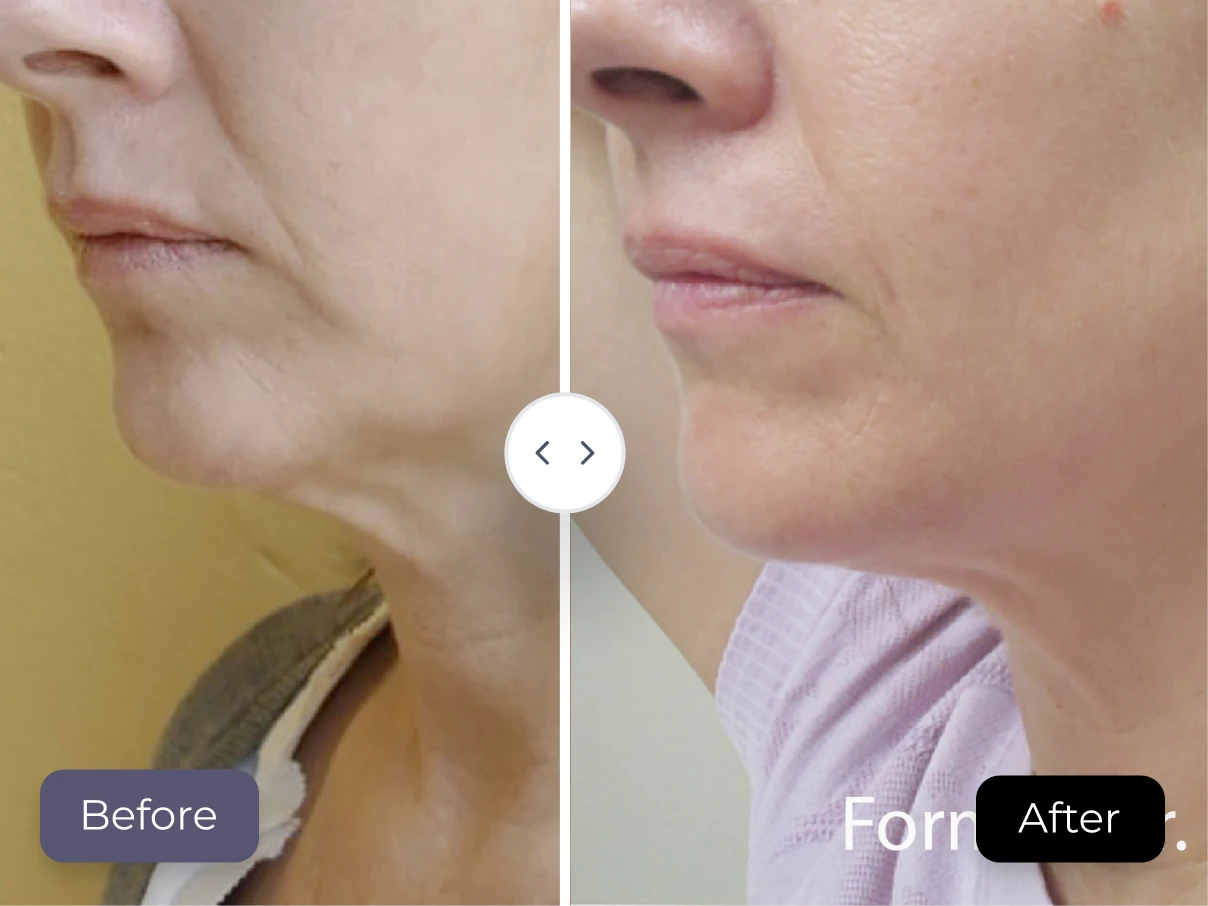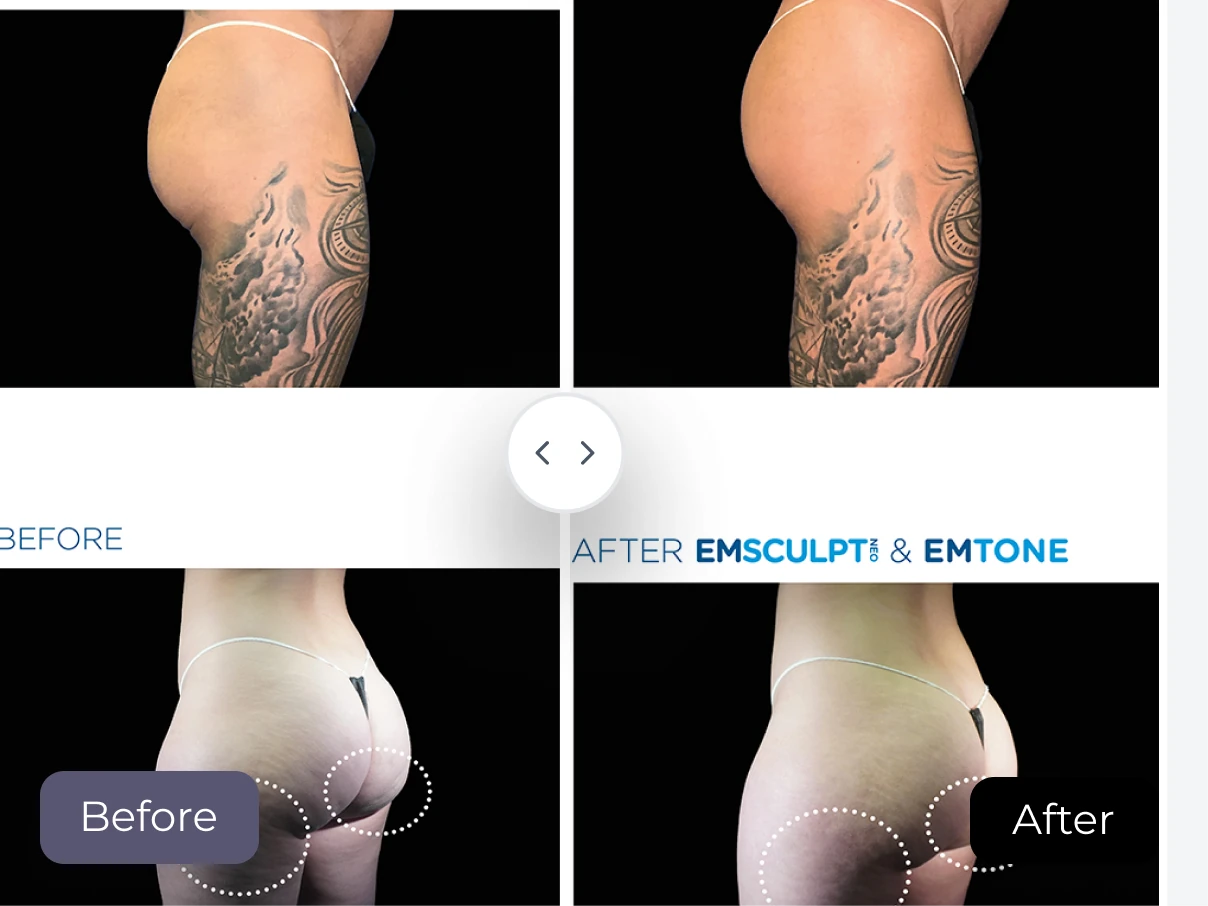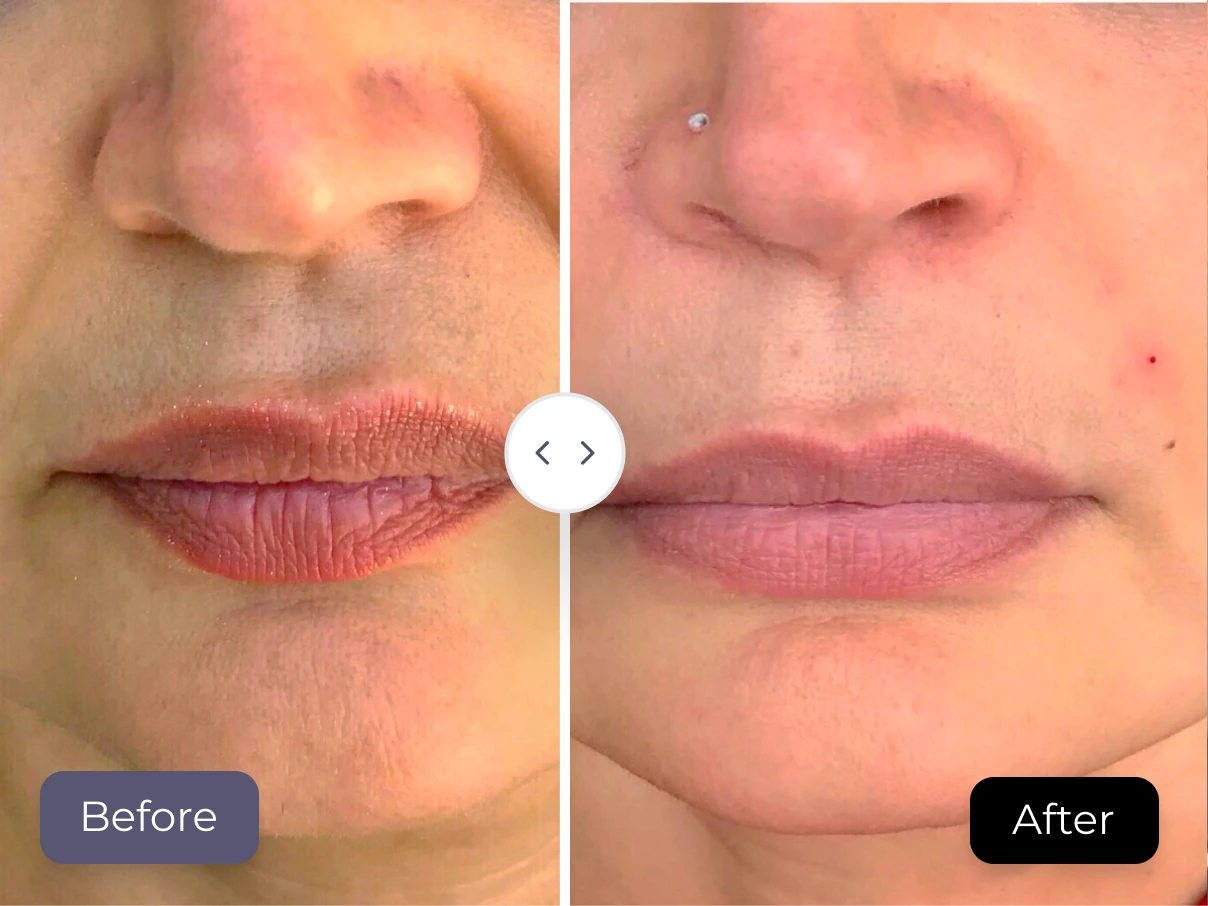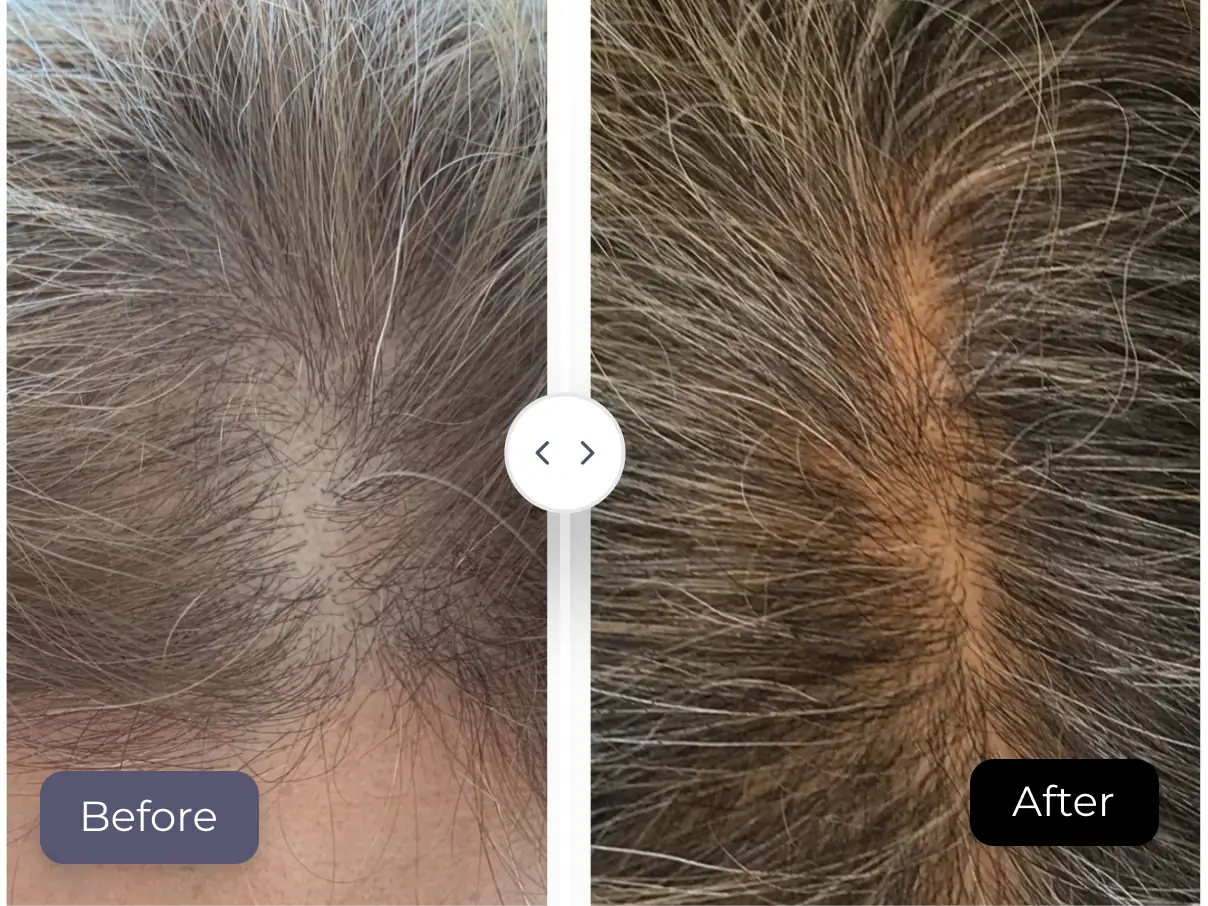The wonders of a derma roller include the treatment of wrinkles, stretchmarks, and irritating scarring. It’s essentially a collagen induction session, or a mini Microneedling. It’s a beautiful non-invasive option for skin renewal. Curious what actually happens with your skin when you ‘roll’? Is it the right treatment for you? Read on for an accurate timeframe for expected results, what you should be ready for regarding physical sensation, and additional factors that may affect your personal outcome. It is important to use the derma roller correctly.
The plastic roller has hundreds of tiny needles that range in size from 0.25mm to 2.0mm. Size does make a pretty significant difference. 0.25mm is ideal boosting product absorption, but it is ineffective when it comes to collagen production.
Consider skin condition before going for derma roller
We always advise NOT using the roller if you’re currently experiencing or have a history of acne. The needling (as amazing as it is) can move the acne bacteria around and actually trigger a cystic breakout. If acne is your main concern, you can look into using a smaller needle. The 0.25mm derma roller can boost the effectiveness of your current acne medication or treatment because of its absorption boosting effects. Anything larger (think 0.5mm or above) will become problematic for your pimple woes.
In addition, if your skin is suffering from any others topical condition (i.e. psoriasis, inflammation, hypersensitivity, fungal infection) wait it out. Take the necessary steps to clear up any current skin dilemma before turning to the derma roller.
Look for a roller that offers great skin results
Once you start shopping around, you can find a multitude of low cost, low quality skin rollers on the market. As you might expect, cheaper rollers will usually mean a subpar skin outcome. What you want to seek out is a roller that offers great results with minimal side effects and minimal discomfort.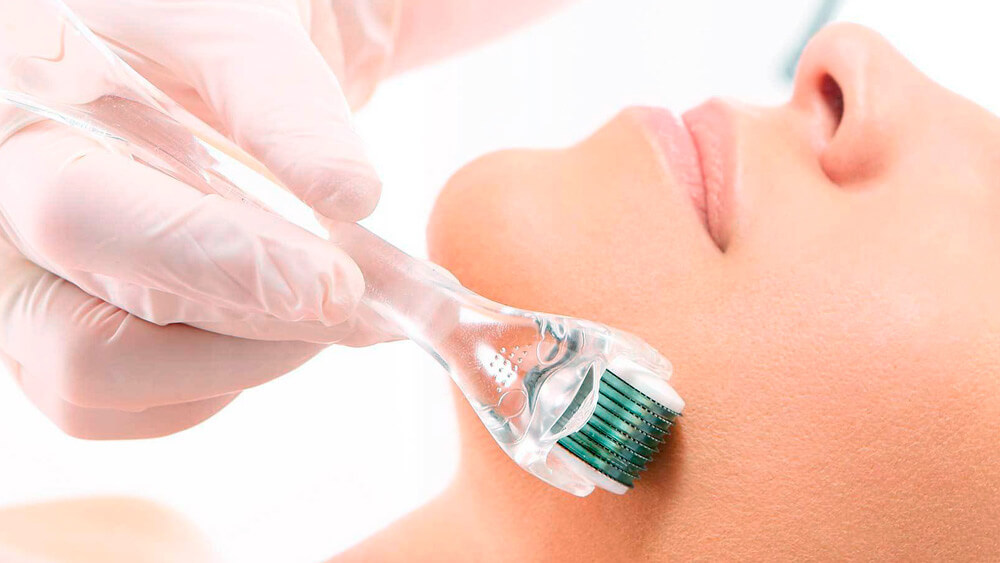
Keep derma needles Clean & Functional
Take extra precaution before you begin to use your roller. Make sure there are no defects. Look closely for irregular or bent needles—this is a sign that something is wrong. Cleanliness is also a top priority: sterilize the roller head for 30 minutes before and after each use. Isopropyl alcohol is a great choice. We’ve heard stories about people who use boiling water as a cleaning method. While that is typically a good way to kill bacteria, in this case it might do more harm than good. Boiling water can melt and damage your plastic roller.
Derma roller comes with some degrees of discomfort
Everyone has a different pain tolerance and skin sensitivity. Not to mention the roller is a handheld tool; the pressure being applied changes with the person operating. But in general, you can expect at least some degree of discomfort with this procedure. It seems to depend on the needle size—bigger needle, more pain and typically more bleeding.
Note: If the thought of any amount of pain puts you off, consider applying numbing cream to the area.
Be patient to see derma roller treatment result
Patience is a virtue. This is especially true with skin needling. Your skin needs thirty days of recovery and, depending on needle size and treatment area, multiple treatments before optimal results are seen. Don’t lose heart and try not to immediately doubt the procedure’s efficacy.
But if time continues to pass without improvement? You could check to see if you’re rolling too frequently: We advise at least 4 weeks between treatments. Using the roller more regularly than this damages collagen fibres and jeopardizes both old and new skin regeneration.
Now that you know how to roll, it’s time to think about pairing it with your favourite products! We love combining it with Skinceuticals, but you could use any other serum that works with your skin. Roll it into your skin throughout the evening to help the products penetrate.


